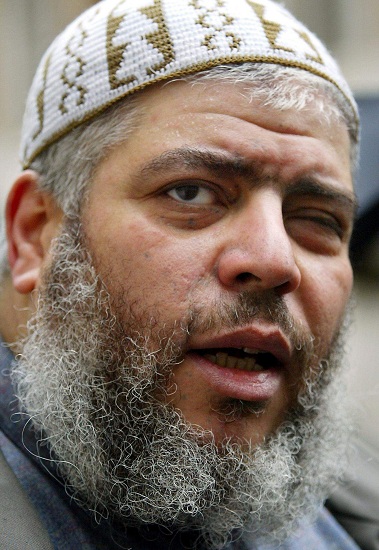United States Vice President Mike Pence made his first official tour of the Middle East from January 20-22, during which he visited Egypt, Jordan, and Israel. This tour came exactly on the first year anniversary of the administration of President Donald Trump. During the past year, the American president visited the Middle East last May to attend an unprecedented Arab-Muslim-American summit in Saudi Arabia. Back then, the new American administration talked about the “deal of the century” to find a permanent solution to the Palestinian-Israeli conflict.
On December 6, 2017, Trump startled the whole world by recognising Jerusalem as the capital of Israel and vowing to move the US Embassy from Tel Aviv to Jerusalem, according to the Jerusalem Embassy Act that the United States Congress had adopted in 1995.
Still, Palestinians, Arabs, and the world are waiting for the “deal of the century” to be announced. Hopes were raised that maybe the US vice president would bring some concrete proposals to discuss in his first official tour of the region, however, such hopes were premature.
In his talks with Egypt’s President Abdel Fattah Al-Sisi in Cairo and with the Jordanian King Abdullah in Amman, Pence heard the Arab point of view with regards to the rejection of Trump’s decision, as well as the two-state solution for the resolution of the Palestinian-Israeli conflict. Both Arab leaders stressed the importance of reaching a settlement of the said conflict in light of United Nations resolutions.
Pence told the Egyptian president that if the Palestinians and the Israelis accept the two-state solution, then the United States would support such an option.
In his meetings with President Al-Sisi and King Abdullah, Pence emphasised that the United States remains committed to the status quo in relation to the holy sites in Jerusalem. In the meantime, he pointed out that the Jerusalem decision does not include any reference to the city’s border, which will be determined in the final status negotiations between the Palestinian Authority and the government of Israel.
On Monday 22 January, Pence delivered a speech before the Israeli Knesset, a first for an American vice president, in which he said that the United States stands with Israel because “your cause is our cause, your values are our values, and your fight is our fight,” and that Washington “will never compromise the safety and security of the State of Israel.”
As far as the Jerusalem decision is concerned, he had a big surprise for everyone including the Israelis themselves. He reiterated that “Jerusalem is Israel’s capital—and as such President Trump has directed the State Department to immediately begin preparations to move the United States Embassy from Tel Aviv to Jerusalem.” He said the embassy will open before the end of next year, thus accelerating the move that Secretary of State Rex Tillerson said last month is expected to take no less than three years.
What was really surprising is what Pence said that the United States, in making such a decision, had chosen “fact over fiction—and fact is the only true foundation for a just and lasting peace.” So the Israeli occupation of East Jerusalem, the West Bank, and the Golan Heights is fiction. If this is the thinking in the Trump administration, then what should we expect, as Egyptians, Palestinians, and Arabs from the highly trumpeted “deal of the century”?
In introducing Pence to the members of the Knesset, Benjamin Netanyahu, the Israeli prime minister, pointed out that Israel and the United States are working together to “achieve a true peace, lasting peace, peace with all our neighbours, including the Palestinians.”
The reference to a peace with Israel’s neighbours is, in fact, the crux of the “deal of the century”, in other words a regional settlement that would bring Israel and some Arab countries—those which have already signed peace treaties with the Jewish state, and Gulf countries—into an alliance of sorts. The question is whom the target of such a grand regional alliance is?
The answer was quite clear and unmistakable in Pence’s remarks before the Knesset when he declared that the United States “will continue to work with Israel, and with nations across the world to confront the leading state sponsor of terror—the Islamic Republic of Iran,” adding that this “dangerous regime sows chaos” across the Middle East.
In the weeks leading to the vice presidential tour of the Middle East, the White House announced that the tour would serve the national security interests of the United States. And as matter of fact, the true objective of the presence of Pence in the region is to push, like President Trump had done last May in Riyadh, for a regional alliance against Iran, while paying a lip service for the cause of peace between the Palestinians and the Israelis.
If this is the case, then we, as Egyptians, Palestinians, Arabs, Muslims, and the whole world, should try to distinguish between fact and fiction in the position of the Trump administration concerning peace in the Middle East. I am afraid it is not for tomorrow.


